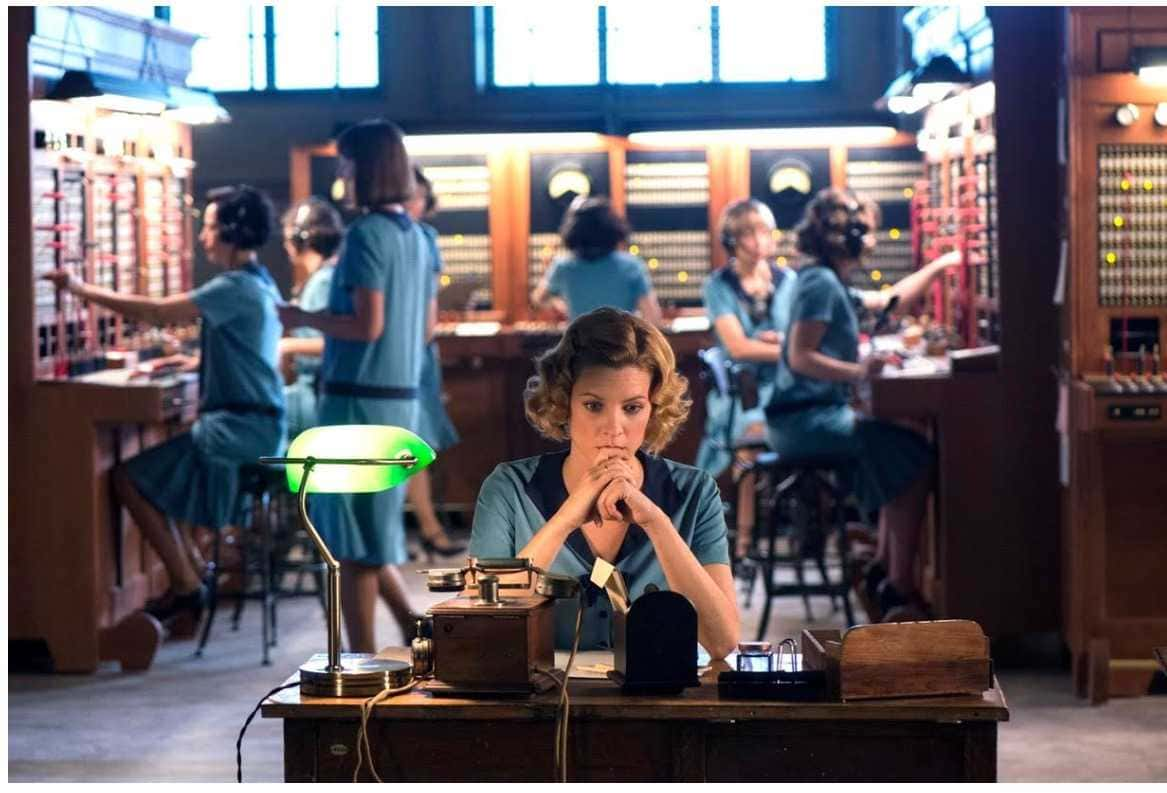Netflix's 'Cable Girls' explores the liberation of women in 1920s through the eyes of four telephone operators

'Cable Girls', set in the 1920s, follows four women—Angeles, Marga, Carlota, and Alba—who work as switchboard operators at a telephone company.
The show, which is the first Netflix original series from Spain, has wrapped up three seasons and has amassed a huge fan base all across the globe. The show has been renewed for the upcoming season four which will be the final season in the series.
The show follows the four women as they search for freedom in an era where women were treated as second-class citizens.
The show also gives the audience a taste of the lives of people in the 1920s.
The show's theme is rooted in the problems women face in the oppressive society.
Each character in the series represents a social issue that women face: being victims of domestic violence, marrying for the sake of protection and security, and the general suffering as a result of living in a male-dominated society.
Alba ( Blanca Suarez), one of the main characters in the series, is a young woman who is falsely accused of murder and is being extorted.
She goes on to become a telephone operator and is forced to steal from the director.
Alba is a conflicted character as the director, Francisco ( Yon González), is her former lover from her youthful days. She soon finds her self in a scandalous love triangle with Francisco and his brother-in-law Carlos (Martiño Rivas).
Her confidantes and co-workers Carolta ( Ana Fernandez), Angeles ( Maggie Civantos) and Marga ( Nadia Santiago) are completely oblivious to Alba's secret identity.
Their lives are filled with problems of their own and this is what the women bond over.
The bond of friendship becomes more concrete as they support each other to stand up for what is right and revolt against the men who stand between them and their goals.
Angeles loves her job but is forced to hide things from her husband who is a male chauvinist and he believes she should be nothing more than a housewife.

The show reformulates the idea of 'having it all' as, in the 1920s, having it all meant having a house, a husband to take care of and children.
These women want more from their lives than just spending their lives serving their households, husbands, and children.
They want to work, have jobs, positions, power and an identity that is solely theirs, all with the support of the law.
Each episode shows a side of the lives of women in the 1920s who had no rights, no say in any matter of importance, and were forced to get permission from men before doing anything.
The women have had enough and decide to fight for what was rightfully theirs.
'Cable Girls' is a tale that has flavors of romance, feminism, and drama.
Spain's first-ever Netflix original has a lot to offer and we can't wait for the upcoming season 4.










